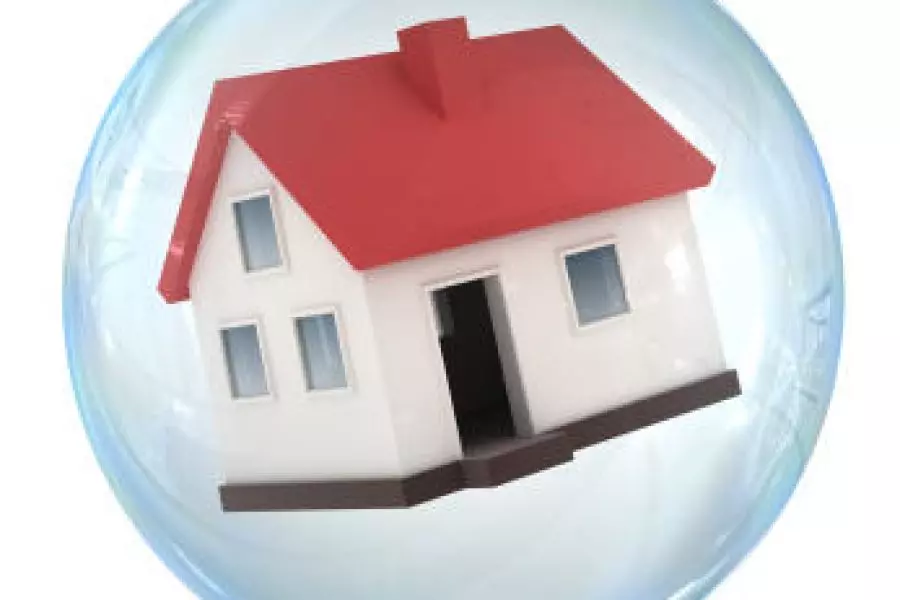News
Apartment market warnings disputed

Monday 15th of June 2015
City Sales managing director Martin Dunn said that Auckland’s dwelling supply shortage means recent reports an oversupply of low-quality apartments could flood the market, causing prices to crash, belied common sense.
On the contrary, he believes the ongoing shortage combined with the possibility some banks might drop the minimum deposit to purchase a new build apartment from 20%...
Want to read the full article?
Click the button below to subscribe and will have unlimited access to full article and all other articles on the site.






![[The Wrap] Bye Bye Bayly](https://goodreturns.publit.io/file/c_fill,w_900,h_600/39f23ac1-f7c7-4854-b700-a150004ebbac.webp)


